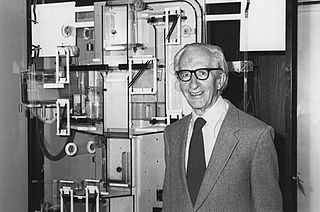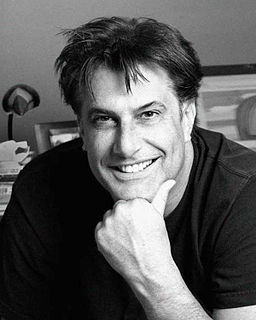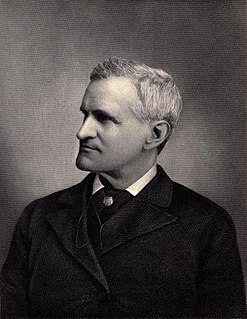A Quote by Anne Waldman
I had a student some years ago whose father had worked on the Manhattan Project. I had a student who had to escape this very intense, born-again fundamentalist Christian background that was very much like a cult and of course they struggle to get to Naropa. And they have cut themselves off. They don't look back.
Related Quotes
Back when I went to Louisiana State University a million years ago, we got the Baton Rouge paper. But if you wanted to read 'The New York Times' or 'The Wall Street Journal,' you had to go to the reading room of the student union, and you got the edition several days after it had been published, and you had to read it on a wooden stick.
As a Fundamentalist I had discovered while I was in college that it is possible to dismiss the entire Church as having gone off the rails by about AD 95. That is, we, with our open Bibles, knew better than did old Ignatius or Clement, who had been taught by the very apostles themselves, just what the Church is and what it should look like.
The men began to trade tales of atrocities, first stories they had heard, then those they'd witnessed, and finally the things that had happened to themselves. A litany of personal humiliation, outrage, and anger turned sicklelike back to themselves as humor. They laughed then, uproariously, about the speed with which they had run, the pose they had assumed, the ruse they had invented to escape or decrease some threat to their manliness, their humanness. All but Empire State, who stood, broom in hand and drop-lipped, with the expression of a very intelligent ten-year-old.
If any pale student, glued to his desk, here seek an apology for a way of life whose natural fruits is that pallid and emasculate scholarship of which New England has had too many examples, it will be far better that this sketch had not been written. For the student there is, in its season, no better place than the saddle, and no better companion than the rifle or the oar.







































